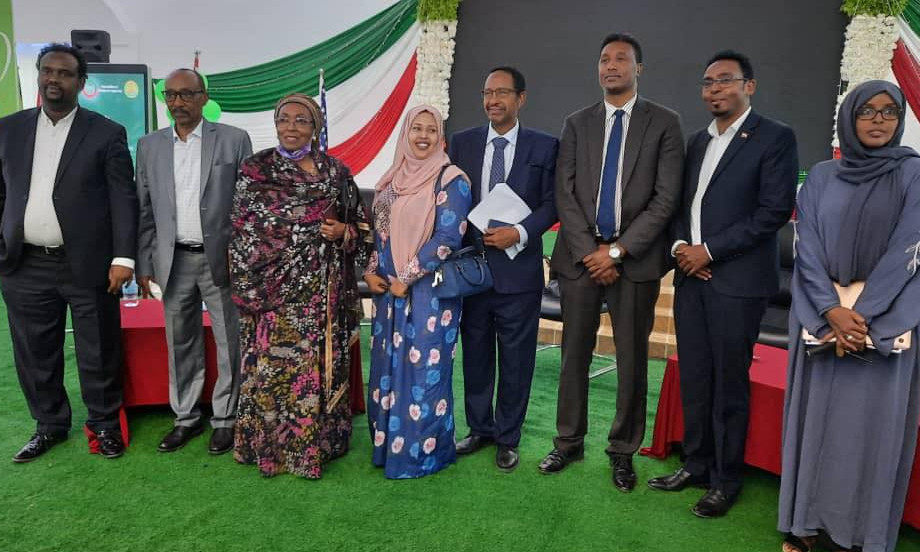Article # 2
Somaliland and the Diaspora movement
There is a scarcity of data on the size of the diaspora's return. However....

There is a scarcity of data on the size of the diaspora's return. However, it is widely acknowledged that, in recent years, there has been a steady increase in returns, based on the increasing visibility of the diaspora in society. This increase marks a new era in Somaliland's diaspora engagement. “We have a duty to come back and improve our own country, and to bring back what we have learned abroad.” is a saying you’ll hear a lot among the diaspora and resonates with them. Diaspora returnees frequently emphasize the sense of obligation and responsibility they feel towards their country of origin with the education and expertise acquired in their countries of resettlement. Equipped with relevant education, expertise, and financial capital from their countries of resettlement, diaspora returnees engage in multiple sectors in Somaliland.
Diaspora returnees are often attracted to particular business sectors that further contribute to the reconstruction and development of Somaliland. Investment in the agricultural sector, for example, generates local employment opportunities while gradually reducing the country’s dependency on food aid. Government officials are actively encouraging the diaspora to return and invest in various sectors considered to be integral to the country’s recovery.
Another large sector where a lot of diaspora seem to be investing is the real estate market. The prices of lands and homes are changing at a pace never seen before. Soaring through the roof, Real Estate/Property development companies are flourishing in the land and a new one seems to be inaugurated every week. Houses for sale or for rent shot with High Quality Drone footage circulate online at a pace never seen before. Banks and companies had to adjust and now started to offer financing options instead of the usual fully paid cash option.
Some returnees have also made contributions to the already vibrant business sector. Older men may also dominate the business sector in Somaliland but increasingly diaspora women and youth are returning to invest and establish businesses too. Improving security and increased access to social and professional networks in Somaliland enables the diaspora to conduct business in their country of origin with relative ease. The current weak tax systems and absence of regulations create greater incentives to engage in business activities in Somaliland.
Unless widespread conflict re-emerges in the region, the diaspora will continue to return to their country of origin. Indeed, with sustained peace throughout the country the rate of return would be expected to increase.